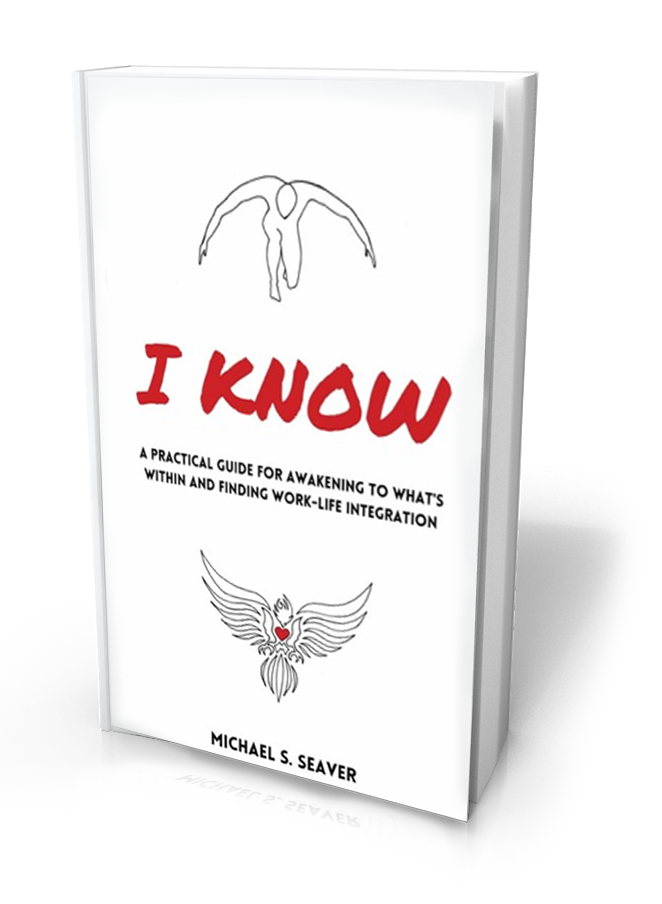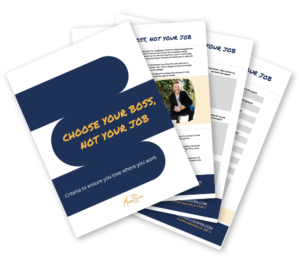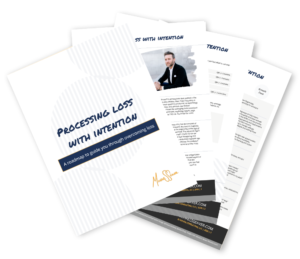I admit it. I’m addicted. Addicted to checking things off a task list. I go to the gym four days each week. I can’t resist sugary treats. And, I seek comfort in my cat, Cleopatra… but don’t tell anyone else about how I can walk her on a leash. I think there are pictures and video on the web that I will deny is me. But, it’s me.
You’re addicted, too. To something. You may not want to admit it, but you default to a set of behaviors when confronted by something you fear. There are four fear buckets I can trace my client’s disengagement to – (1) being taken advantage of, (2) lack of social acceptance, (3) loss of security or (4) criticism of their work product. These fears seem to be amplified when we’re headed down the path of achieving significant success. We strive for accomplishment but rarely want to facilitate the personal change that accompanies success. To minimize stress, we take action in other areas of our lives completely unrelated to our long-term goals.
If you’re more task-oriented, you will make lists of unimportant to-do’s and micro-manage others to check things off those lists to feel accomplished. Don’t kid yourself though… you’ve accomplished tasks, yes, but you haven’t actually achieved much in fulfilling your life’s mission. If you’re more people-oriented, you will fill your calendar with unimportant meetings or excessive time with loved ones to receive the serotonin shot you need to feel fulfilled. Although this is an effective short-term strategy, it gets you no closer to your life’s mission. You’re defaulting to doing things you’re good at or that make you feel comfortable.
Dr. Daniel Sumrok, Director of the Center for Addiction Sciences at the University of Tennessee Health Science Center’s College of Medicine, believes addiction shouldn’t be called “addiction”. It should be called “ritualized compulsive comfort-seeking”. He thinks this is a normal response to adversity experienced in childhood. When I’m helping clients define their lives’ missions, we discuss adverse childhood experiences (ACEs) as being the challenges they encountered recurrently in their teenage years and throughout their 20s. Often, a person will devise a strategy to overcome this challenge around age 28 – 30. From there, the potential highest and best use of their life is to help others overcome challenges similar to their own.
If you “be the person you needed when you were younger”, your life will be incredibly fulfilling.
If you haven’t solidified your life’s mission or acted upon it, the likelihood of you confronting your fears is less. As per Sumrok’s research, you’ll default to doing the things you’re good at… completing tasks and meeting with people. When, in reality, the best way to confront your fear of success is to surround yourself with others who “… treat people with respect instead of blaming or shaming them. Listen intently to what they have to say. Integrate the healing traditions of the culture in which they live.” If these things happen, you will feel supported and have the confidence to take risks in achieving goals correlated to your life’s mission.
To beat addiction, limit comfort seeking and overcome your fears, consider these three steps.
1. Get your ACE score – Check Dr. Sumrok’s site for your ACE score. By acknowledging that your younger years’ challenging experiences have greatly shaped who you are today, you can openly dialogue about how those experiences create mental models that stop you from taking action on what actually matters.
2. Talk vulnerably to trusted confidants – Find 2 – 3 trusted people you can openly share your experiences with. You’ll feel a deeper level of acceptance, hear ideas you hadn’t thought of and feel more confident in a defined direction moving forward. I believe this step is the most critical. We all desire to avoid being shamed and we all long for acceptance. Surround yourself with highly emotionally intelligent people.
3. Choose a physical reminder – I encourage you to set purposeful goals, block time on your calendar for daily rituals to keep moving towards your success and choose a physical trigger to keep yourself focused. When stress runs high, humans get emotional and take action unrelated to their goals. Use the trigger (i.e. a family picture in your wallet or purse, a small stone, a piece of jewelry, a keychain) to return to center and redistribute your time into action correlated to your life’s mission.
I’ve shared a few things I seek comfort in. What fear are you not confronting? What behaviors are you addicted to? What experiences shaped who you are today? How can you become the person you needed when you were younger?
Fearing success and the fulfillment of your life’s mission is completely normal. I see it daily.
And, I love seeing those I serve challenge the status quo, take calculated risks and overcome their fears of success to do really awesome shit.
I believe you can, too.






Connect with me